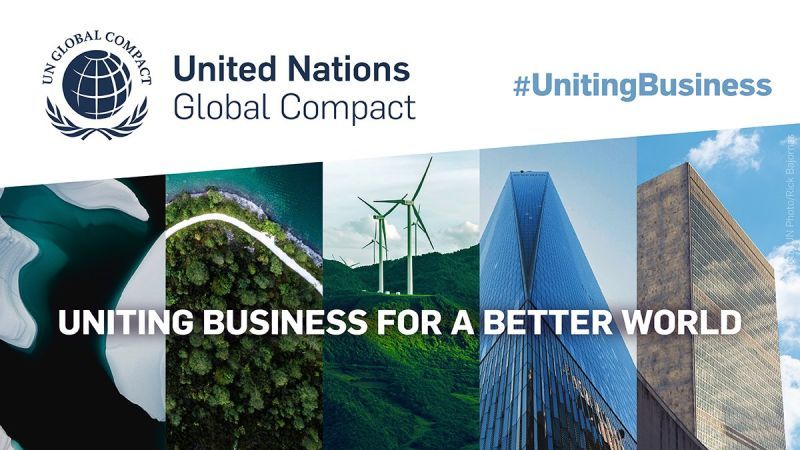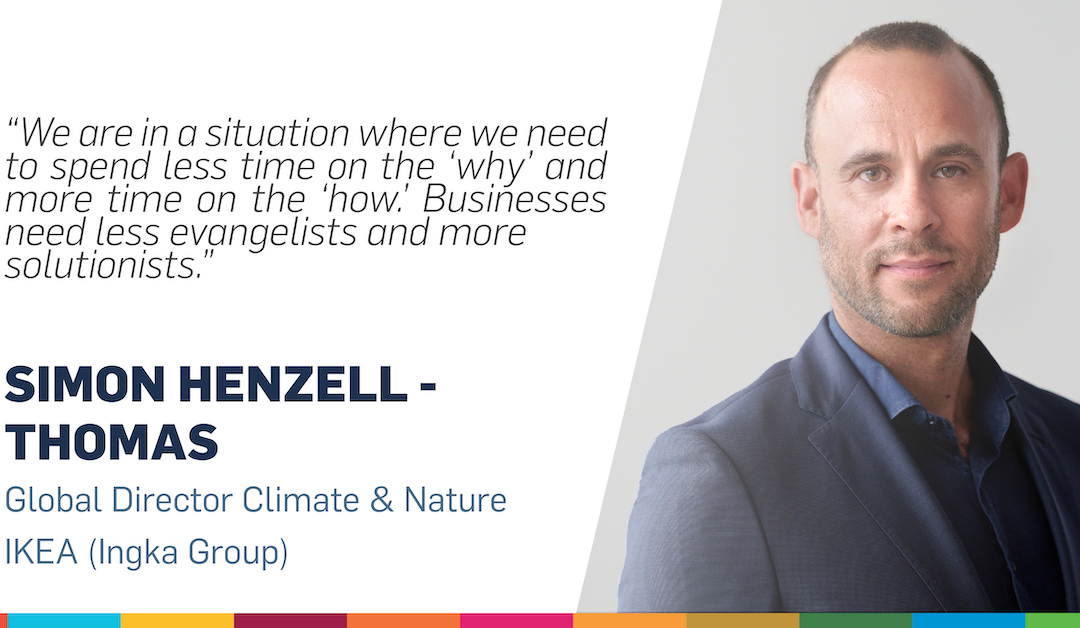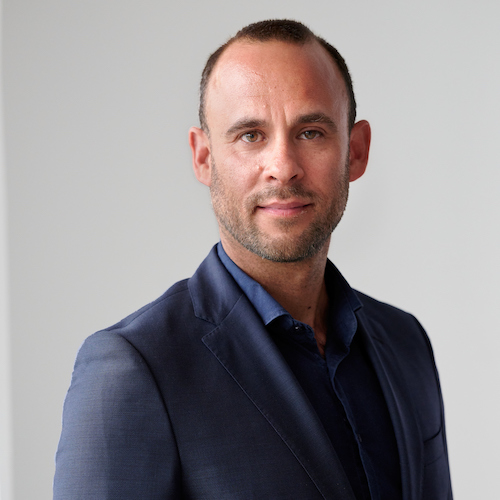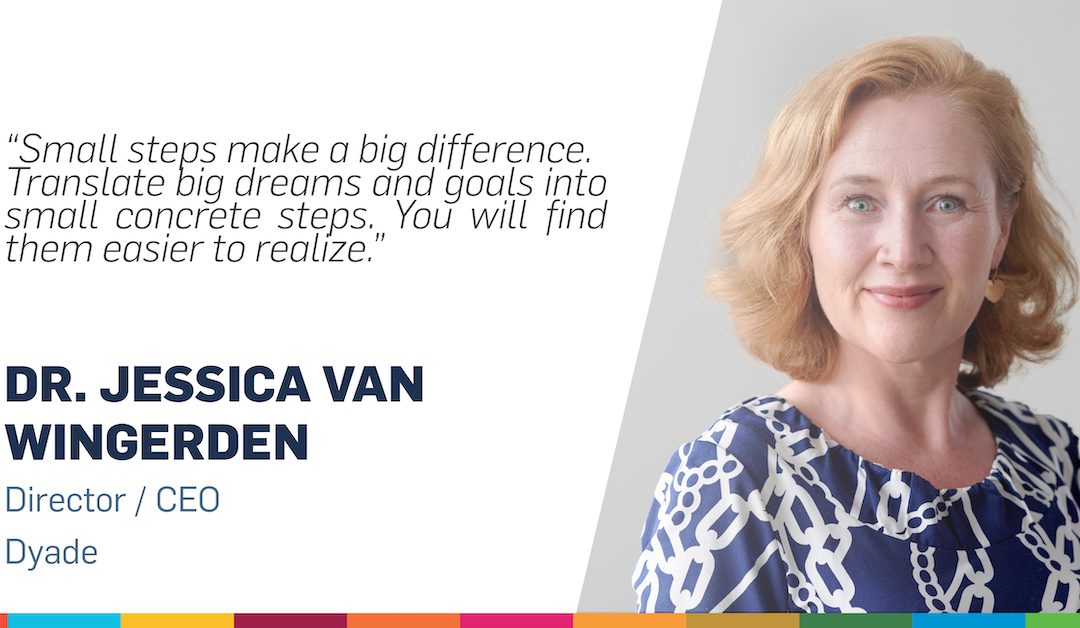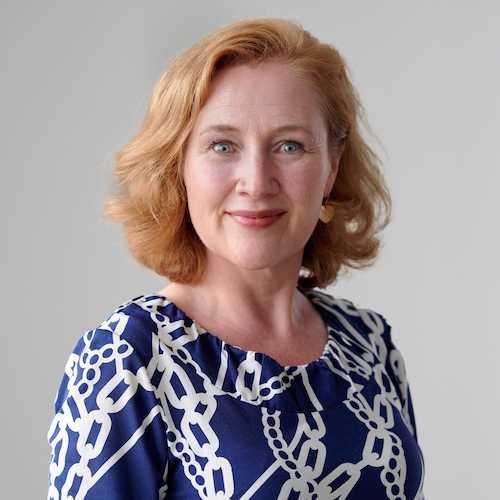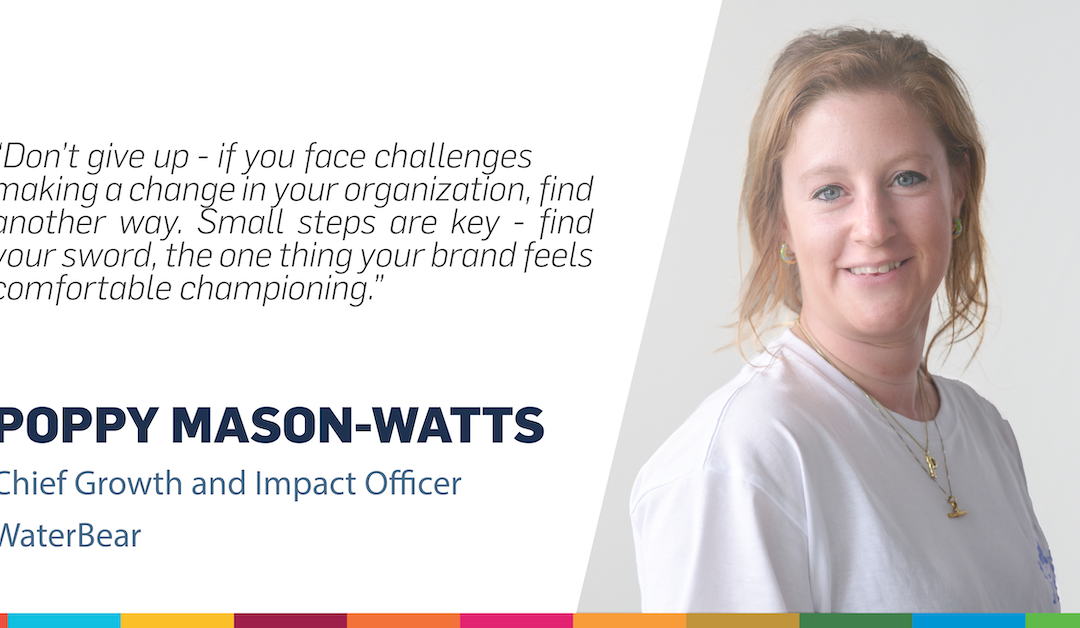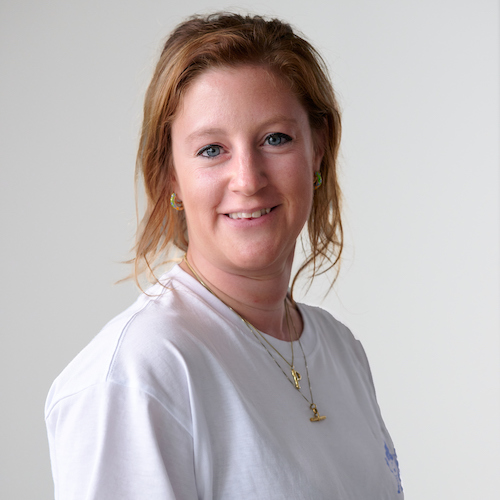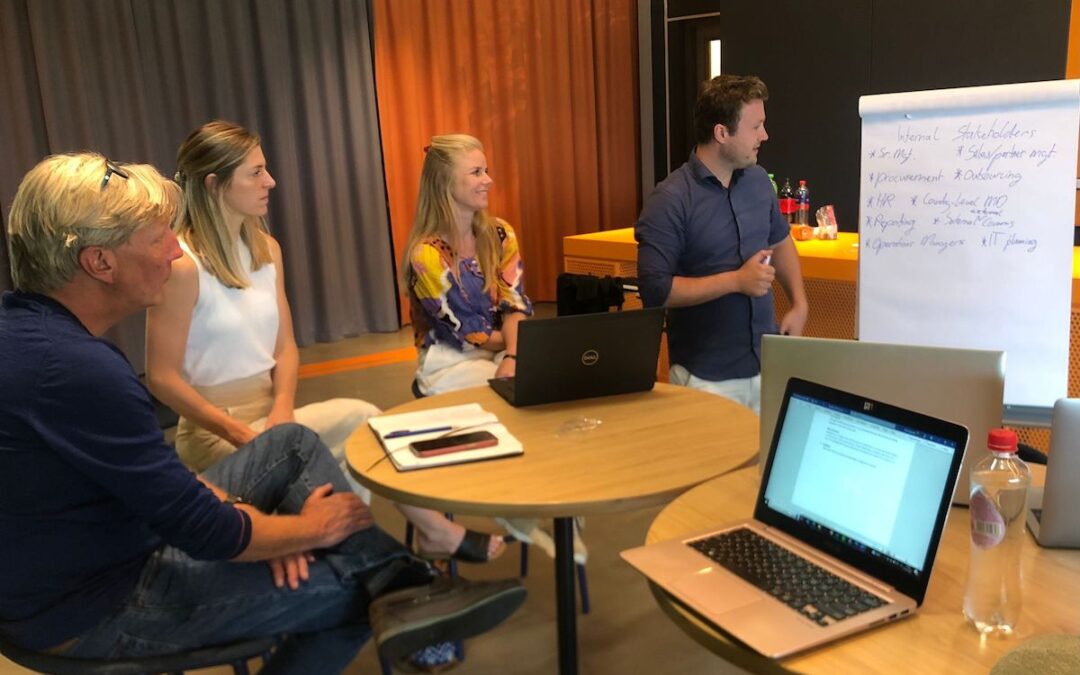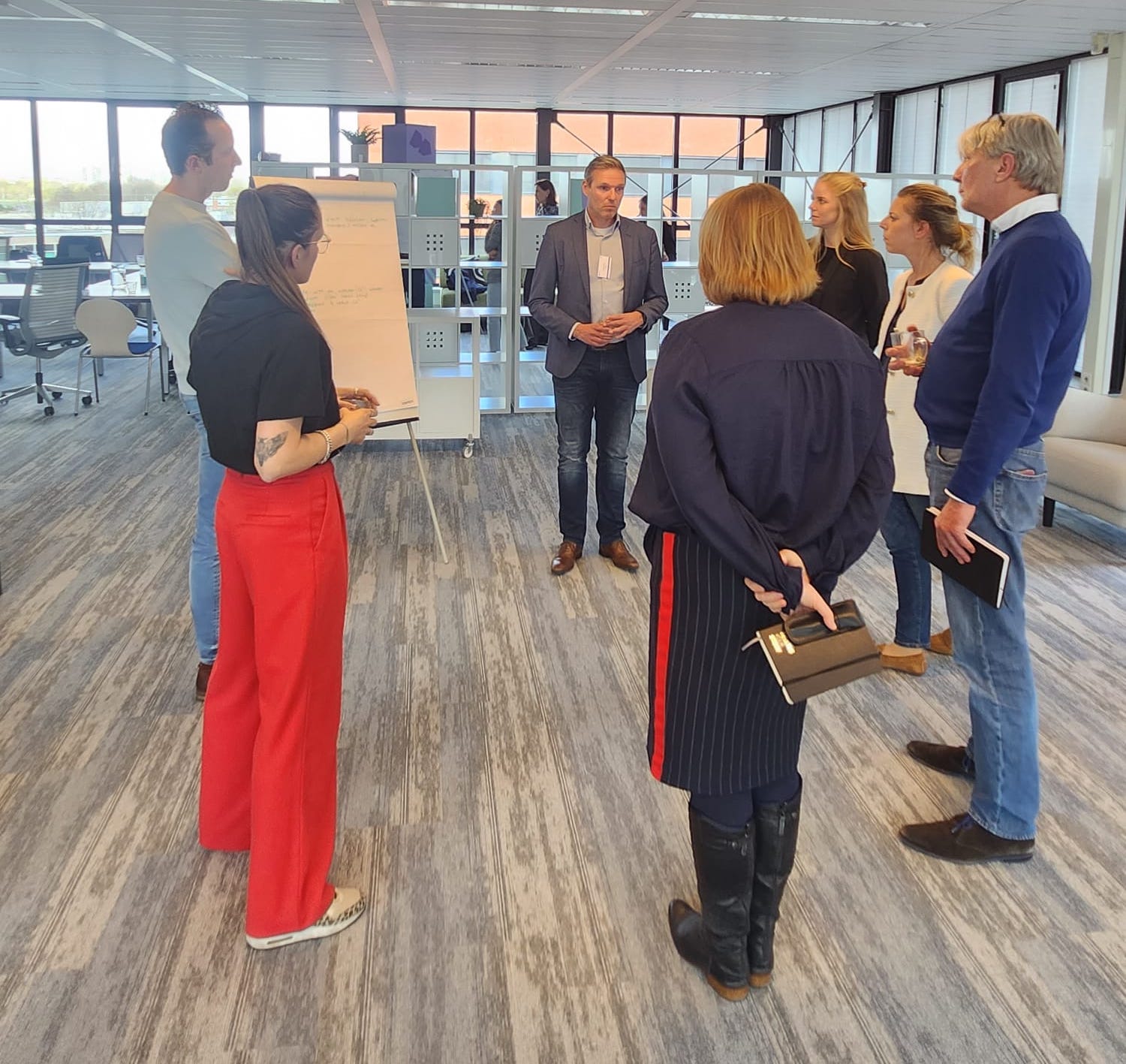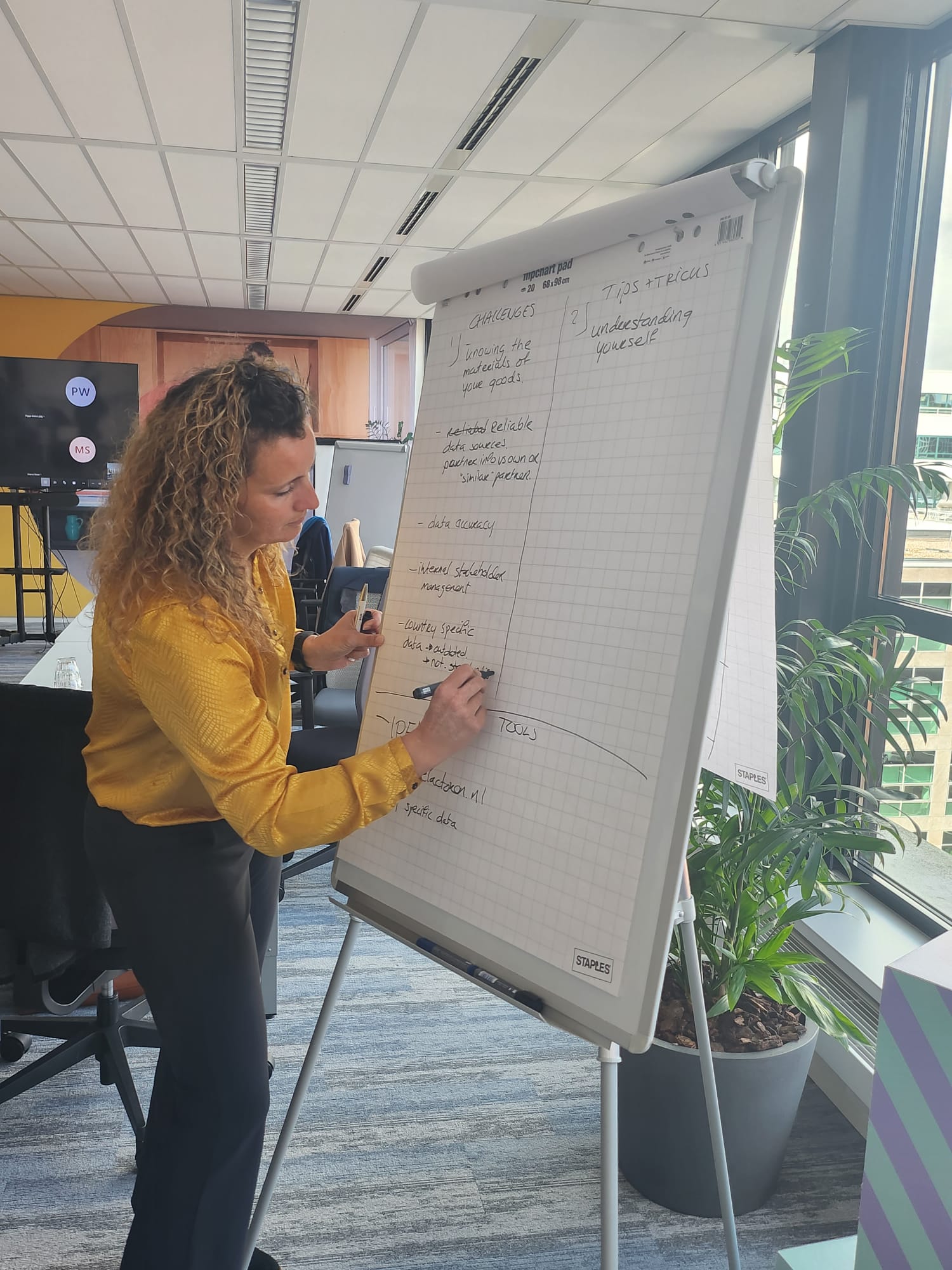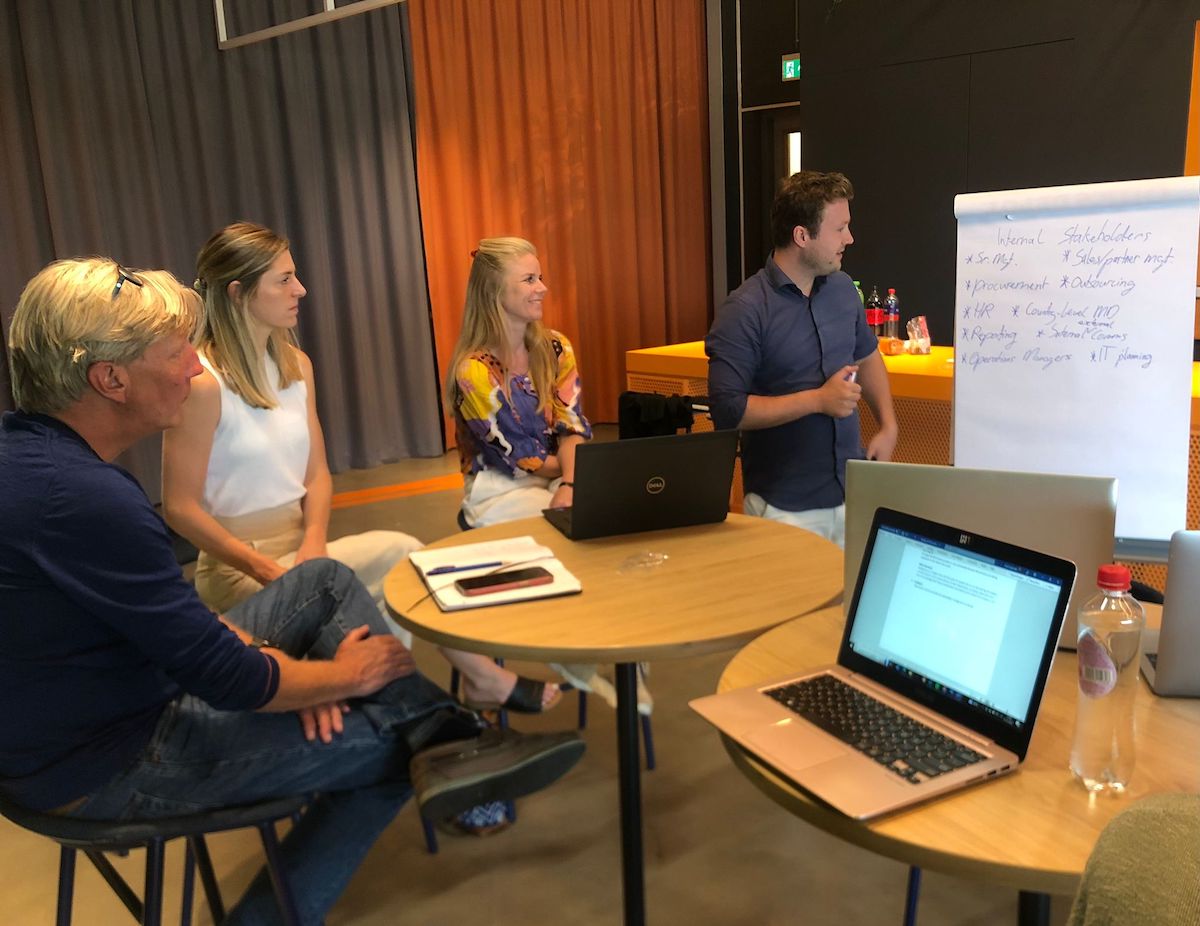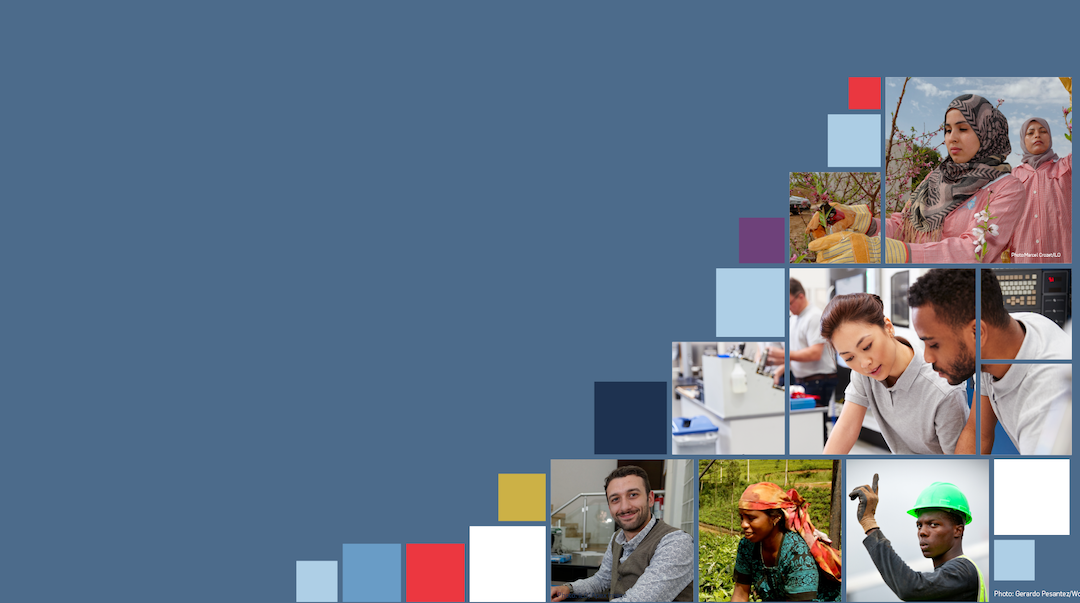
Business & Human Rights
Business & Human Rights Accelerator
PROGRAMME OVERVIEW
The idea of human rights is as simple as it is powerful: That all people have a right to be treated with dignity.
Businesses often impact the human rights of their employees and contract workers, workers in their supply chains, the communities around their operations and even the end users of their products or services. Whether directly or indirectly, they impact virtually the entire spectrum of internationally recognized human rights.
As a result, companies have both a responsibility and an opportunity to advance human rights across operations, supply chains and beyond.
Is your company able to know and show that it supports and respects the protection of internationally proclaimed human rights and that it is not complicit in human rights abuses?
The Business & Human Rights Accelerator is a six-month programme activating companies participating in the UN Global Compact across industries and regions. This hands-on programme will help you move from commitment to action on human rights and labour rights through establishing an ongoing human rights due diligence process.
WHAT YOU WILL LEARN?
- How to identify your responsibilities in respecting human rights and labour rights, expressed in the Universal Declaration of Human Rights and the International Labour Organization’s Declaration on Fundamental Principles and Rights at Work
- How to establish an ongoing human rights due diligence process in line with international standards
- How to report and communicate on your human rights due diligence journey, including through the Communication on Progress, the annual public disclosure requirement for all UN Global Compact participants
WHAT YOU WILL GAIN
- An understanding of where your company is on their human rights journey
- An assessment of actual and potential adverse human rights impacts and the ability to prioritize action
- The ability to mitigate your human rights impacts, including grievance mechanisms and remedy
- Ways to engage stakeholders on business impacts
- An action plan to advance human rights in your company and beyond
- A network of peers, UN partners and experts to support your human rights journey and work collectively to tackle persistent barriers to human rights due diligence
- A certificate demonstrating completion of programme
Do you need more information or have some questions?
THE LEARNING EXPERIENCE IN 6 STAGES
Stage 1
Participants understand the UN Global Compact Principles and the human rights due diligence process and scope out a core area of the value chain for further focus.
- Global kick-off webinar
- E-learning course on “How companies can operationalize the UN Guiding Principles, Module 1”
- Global deep dive session on UNGP core concepts, human rights due diligence and facilitation of the Responsibility to Respect Human Rights’ gap analysis tool
- Local Network facilitated peer-learning session
- Participant working session to complete the UNGP gap analysis tool
Stage 2
Participants scope the company value chain and identify potential impacts.
- E-learning course on “How companies can operationalize the UN Guiding Principles, Module 2″
- Global deep dive session on understanding salient human rights, identifying risk factors, where to find risk information and how to map the value chain and determine focus areas
- Local Network facilitated peer-learning session
- Participant working session to complete value chain mapping tool and risk identification matrix
Stage 3
Participants prioritize salient human rights impacts and understand their involvement with those impacts.
- E-learning course on “How companies can operationalize the UN Guiding Principles, Module 3”
- Global deep dive session on prioritizing potential impacts, understanding severity and likelihood and how to plot impacts on the risk heat map
- Local Network facilitated peer learning session
- Participant working session on completing the risk heatmap
Stage 4
Participants start implementing and tracking their human rights action plan.
- Global deep dive session on developing an appropriate action plan based on at least one salient impact identified with articulation of desired outcomes and high-level metrics
- Local Network facilitated peer-learning session
- Participant working session on completion of action plan for one salient impact, including metrics
Stage 5
Participants understand how to effectively engage affected stakeholders and communicate their impacts.
- Global deep dive session on communicating with a range of stakeholders, both within and external to the business and examine the components of effective communication, including formal disclosure processes
- Local Network facilitated peer learning session
- Participant working session on starting a communication plan and stakeholder engagement plan
Stage 6
Participants understand remedy and grievance mechanisms.
- E-learning course on “How companies can operationalize the UN Guiding Principles, Module 4”
- Global deep dive session on the different types of remedy and pathways for providing remedy including operational level grievance mechanisms that support the broader hrdd process
- Local Network facilitated peer learning session including best practice case studies
- Participant working session to complete the grievance gap analysis and develop a remedy plan
Timeline
Applications open:
October 2024
Application deadline:
Mid-december 2024
Accelerator begins:
February 2025
Already want to show your interest in the programme before the official applications open? Send an e-mail to Programme Manager Jamie Holton.
Supported by
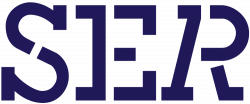
The Social and Economic Council
The Social and Economic Council of the Netherlands (SER) is the most important advisory council to government and parliament. In the SER employers, employees and independent experts (Crown-appointed members) work together to reach agreement on social and economic issues. The SER also facilitates agreements on international responsible business conduct.

JAMIE HOLTON
Sr. Program Manager Business & Human Rights and Gender Equality
Contact person for Business & Human Rights Accelerator
